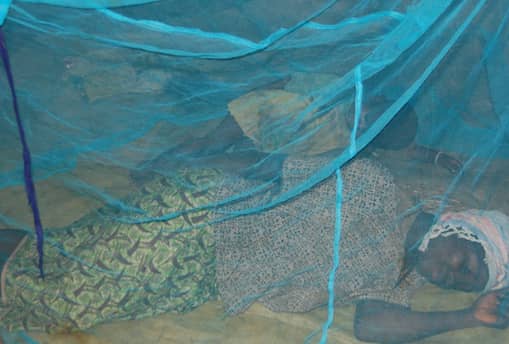A Global Fund investigation has uncovered procurement fraud by staff members of Sierra Leone’s health ministry. The Integrated Health Project Administration Unit (IHPAU) is said to have been involved in fake bidding processes that cost the Fund more than US$ 415,000. IHPAU is the office that receives all Global Fund grants for the health ministry.
According to a new report by Global Fund’s Office of the Inspector General, those involved in the scheme used bogus bidding and selection processes which allowed them to collude with suppliers to provide catering services for training events. “They imitated a competitive selection of suppliers that responded to the Request for Quotation (RFQ),” investigators said. Pre-selected bidders then connived with other vendors and “supplied IHPAU procurement staff with blank invoices” which were filled out to favour “certain winners”. This practice violates the Fund’s rules and Sierra Leone’s public procurement regulations.
In the case of the training events related to the distribution of mosquito bed nets, investigators interviewed supposed bidders who either said they did not vie for the bids or provided dodgy invoices to health ministry staff in charge of the events. “Five of the suppliers named by IHPAU as the losing bidders told the OIG that they never submitted a bid. Three others said they provided the winning caterers with either a completed or a blank proforma invoice,” the report said.
The procurement fraud that investigators also uncovered included what is known as “invoice back-up” a scheme which required potential suppliers to obtain Pro-forma invoices from other caterers. The scheme also involved surreptitiously obtaining invoices from printing shops used by other suppliers.
The staff members responsible for the procurement denied any wrongdoing, stating that they had no knowledge of the forgery. They cited tight timelines for their failure to verify the authenticity of invoices received. They also failed to verify business licenses and tax documents as part of the vetting process.
When the investigators reviewed the database of pre-approved vendors, they found out that the caterers listed did not have a traceable address.
The same pattern was followed in the procurement of catering services for health management information system training conducted in all 16 districts of Sierra Leone. Costs for meals and venue rentals were found to be inflated by up to 15 and 19% higher than the market value.
Between January and April 2020, the IPHAU spent more than Le 3 billion on catering for malaria training events and in August of the same year, the health ministry spent more than Le 600 million on similar services from the same grant. These expenditures have been declared “non-compliant” by the Global Fund.
This investigation by Global Fund’s Inspector General came after an initial audit by agents Price Waterhouse Coopers (PwC) and Audit Service Sierra Leone, covering four districts in the country. The Fund hired PwC to extend the probe to four other districts. The Ministry of Health had been conducting training events across Sierra Leone. One of the courses was delivered in all 16 districts of the country as part of a nationwide anti-malaria campaign that distributed treated bed nets to households around the country.
According to 2020 data, 328 out of every 1,000 people in Sierra Leone are at risk of malaria, the most common cause of death in a country where health systems are seriously constrained and heavily donor dependent. Between 2018 and 2021, Global Fund donated US$ 54 million towards malaria, tuberculosis, and HIV programmes in Sierra Leone, making it one of the biggest donors to healthcare programmes in the country.

The Ministry of Health and Sanitation said the amount of money involved in the procurement fraud accounted for approximately 0.4% of the total grant. In a statement issued on December 12, almost a week after the Global Fund report came out, the ministry said it had referred the matter to the Anti-Corruption Commission “to thoroughly investigate the improper use of funds”. The use of catering services for such events has also been “abolished”, the statement said, as a way to reduce the risk of fraud and collusion.
This is not the first time that fraud has been uncovered in Global Fund’s programmes implemented by the health ministry. Over the years, there have been a series of such reports amounting to millions of United States dollars. Between 2016 and 2018, over US$ 2 million was misappropriated in fraudulent procurement transactions. The amount was part of grants meant to support HIV/AIDS, Tuberculosis and Malaria programmes in the Ministry of Health.
About The Author
- Engage Salonehttps://staging.engagesalone.org/author/eng21_admin/
- Engage Salonehttps://staging.engagesalone.org/author/eng21_admin/
- Engage Salonehttps://staging.engagesalone.org/author/eng21_admin/
- Engage Salonehttps://staging.engagesalone.org/author/eng21_admin/


